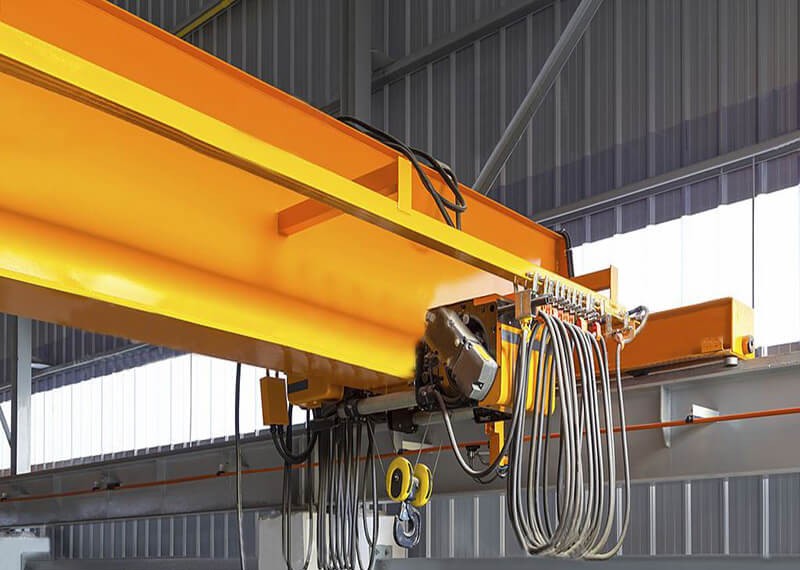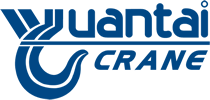
Precautions for maintenance of European cranes
What are the precautions for maintenance of European cranes?
1. Maintenance and repair of the transmission mechanism: check whether the fixing device of the wire rope meets the requirements, and check whether it has corrosion, broken wires, loose strands, broken strands, bending, kinking, abrasion, flattening, etc., if it exceeds the relevant regulations It must be replaced immediately; check whether the hook has defects such as section wear, peeling, cracks, torsion deformation, increased opening, and whether the relevant pin shaft and sleeve are severely worn; check whether the pulley is equipped with an anti-drop rope groove device, pulley Whether the rotation is flexible, whether the pulley rope groove and wheel flange have broken edges, wear, cracks and other conditions.
2. Maintenance and repair of the brake device of the crane: check whether there is noise when the mechanism is running, and whether the heat dissipation is good; check and adjust the gap between the brake shoe and the brake wheel; check the brake spring and pull rod for fatigue deformation, cracks, etc. Defects; check the lubrication of the gearbox, reduction box, external gear, etc. and whether the hydraulic oil leaks; often check whether the oil filter is blocked, and whether the adjustment value of the safety valve changes after use; the friction surface of the brakes of each mechanism There should be no dirt, and when there is dirt, it must be washed off with gasoline or thinner; check whether the tread and axle of the wheel have fatigue cracks, whether the wear of the wheel tread and axle exceeds the standard, and whether there is track gnawing during operation
3. Maintenance and repair of metal structure: During use, the main stressed components must be regularly checked for overall or partial fatigue deformation, looseness, instability, severe corrosion, cracks, damage, etc., and try to prevent components during crane transportation. Deformation and collision damage; check the connecting bolts or riveting, especially whether the vibration parts are loose or defective; check the structural connections and welds for obvious deformation and cracking.
4. Maintenance and repair of the electrical system: clean the dust and dirt on the electrical equipment in time to ensure the cleanliness of the distribution boxes, control boxes, brushes and contact surfaces of each part; always check all cables and wires for damage If the damaged part is found, it should be bandaged or replaced in time; ensure that the contacts of the travel switch of each safety device are reliably opened and closed, and the contact crater should be polished in time; check whether the crane power supply and each mechanism are equipped with short circuit protection, loss of voltage protection, and zero position Protection, overcurrent protection and overspeed and loss of magnetism protection for special cranes.
5. Maintenance and repair of safety protection devices: check whether the installation of overload protection devices, buffers, torque limiters, limit position limiters, anti-backover devices, wind protection devices, and protective devices of the crane meet the design requirements. Whether the operation is sensitive and reliable, whether the alarm signal can be sent out in time if the specification is exceeded, and whether the power source running in the dangerous direction can be automatically cut off.


